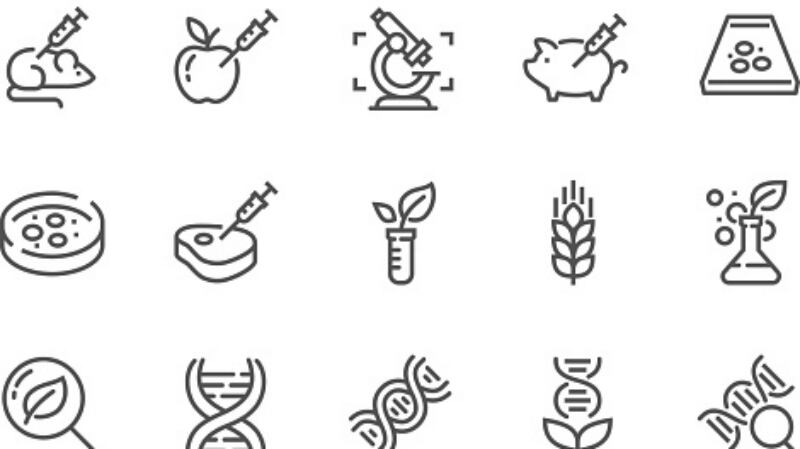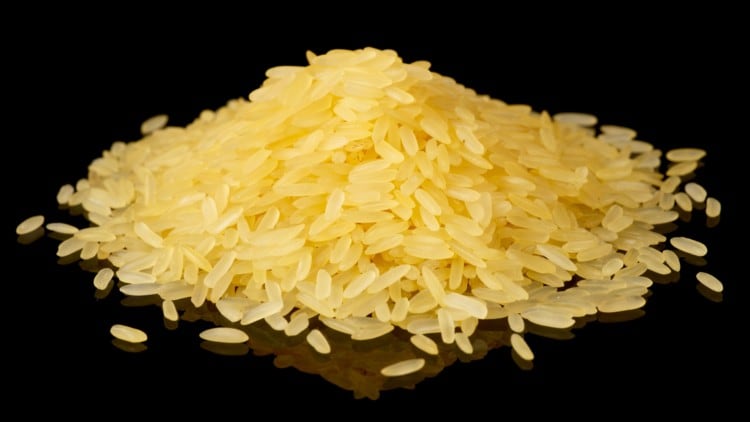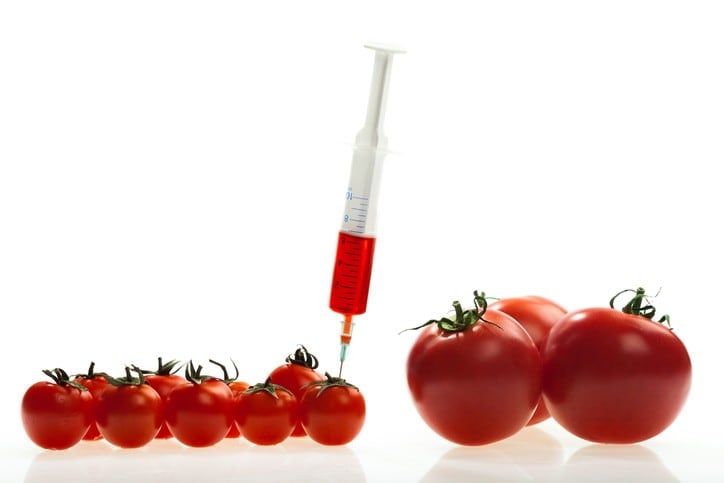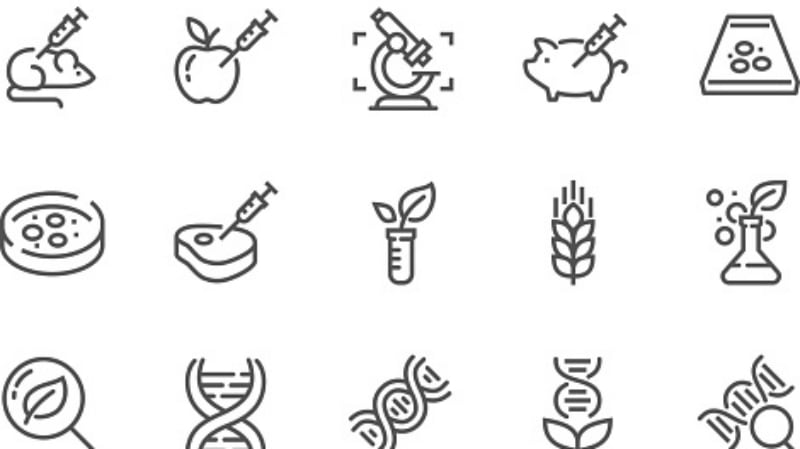GE Free NZ made the suggestion after calling out FSANZ for having ‘approved over 87 GE products into the food chain and never turned down an application’, as well as deeming its role fraught with an ‘inherent conflict’ of interest.
“On the one hand [FSANZ’s] role is to protect the health and safety of people by maintaining a safe food supply, [but] at the same time it is tasked with ensuring that [food] trade and commerce is carried on in a profitable manner with the least burden on business,” said the group.
It also claimed that FSANZ had failed to adequately assess the effects, require safety data or mandate the labelling of GM food, thus ‘failing’ in its role to ensure consumer safety.
“It is extremely deceptive that FSANZ [blatantly] disregards scientific evidence of harm when there is no scientific evidence to disprove the research. People’s lives are more important than unregulated risks for easy trade,” GE Free NZ President Claire Bleakley added.
“GE (genetically engineered) foods now contain multiple foreign genes (stacking) inserted to confer resistance to many separate pesticides and FSANZ, with no alternative justification, routinely dismiss, deride, vilify and reject scientific publications showing harm from ingestion of whole GE foods.
"We believe that the trans-Tasman FSANZ is not fit for purpose and has many inconsistencies in setting safety standards for GE foods. This is inherently unjust to the public, and there should be a dedicated Food Standards Regulatory Authority in New Zealand."
However, this suggestion has drawn flak from the local food and beverage industry, pointing our that such a move would instead bring major problems for a market as small as New Zealand’s.
“[This] idea to establish a stand-alone food standards authority for a tiny market the size of New Zealand would be stupid and a step back in time,” New Zealand Food and Grocery Council (NZFGC) Chief Executive Katherine Rich told FoodNavigator-Asia.
“It would undo major gains in efficiency and opportunity for all food manufacturers who export to Australia. The joint food code has been of huge benefit to New Zealand manufacturers, [as] while producing high quality, safe food, manufacturers can treat the Australian and local markets as one.”
With regard to the accusations of scientific evidence oversight, Rich utterly disagree with GE Free NZ’s viewpoint of how FSANZ has been analyzing and handling food safety concerns with regard to GM foods.
“The system in place overseen by FSANZ is based on science, safety and evidence – [this is a system which] is highly respected around the world because of this,” she said.
“It seems GE Free NZ would prefer a system based on ideology and rejecting science.”
FSANZ’s record with GM foods
Indeed, FSANZ has been actively pursuing public comment regarding GM food products, even throughout the COVID-19 pandemic outbreak.
In the six months since March 2020 alone, four such public consultations have been called for. These included a corn genetically modified to be resistant a range of herbicides (March), soybean resistant to parasitic nematodes and certain herbicides (April), potatoes modified to reduce browning and increase disease resistance (May), and another corn modified to increase yield and be glufosinate-resistant (August).
In all four cases, FSANZ insisted that it had undertaken a ‘comprehensive safety assessment’ and that the GM products were as safe for consumption as non-GM products.
It was also stated in the public consultation statements that: ‘Any foods made from this [GM product] must be labelled as ‘genetically modified’ where novel DNA and/or protein is present in the final food’.





